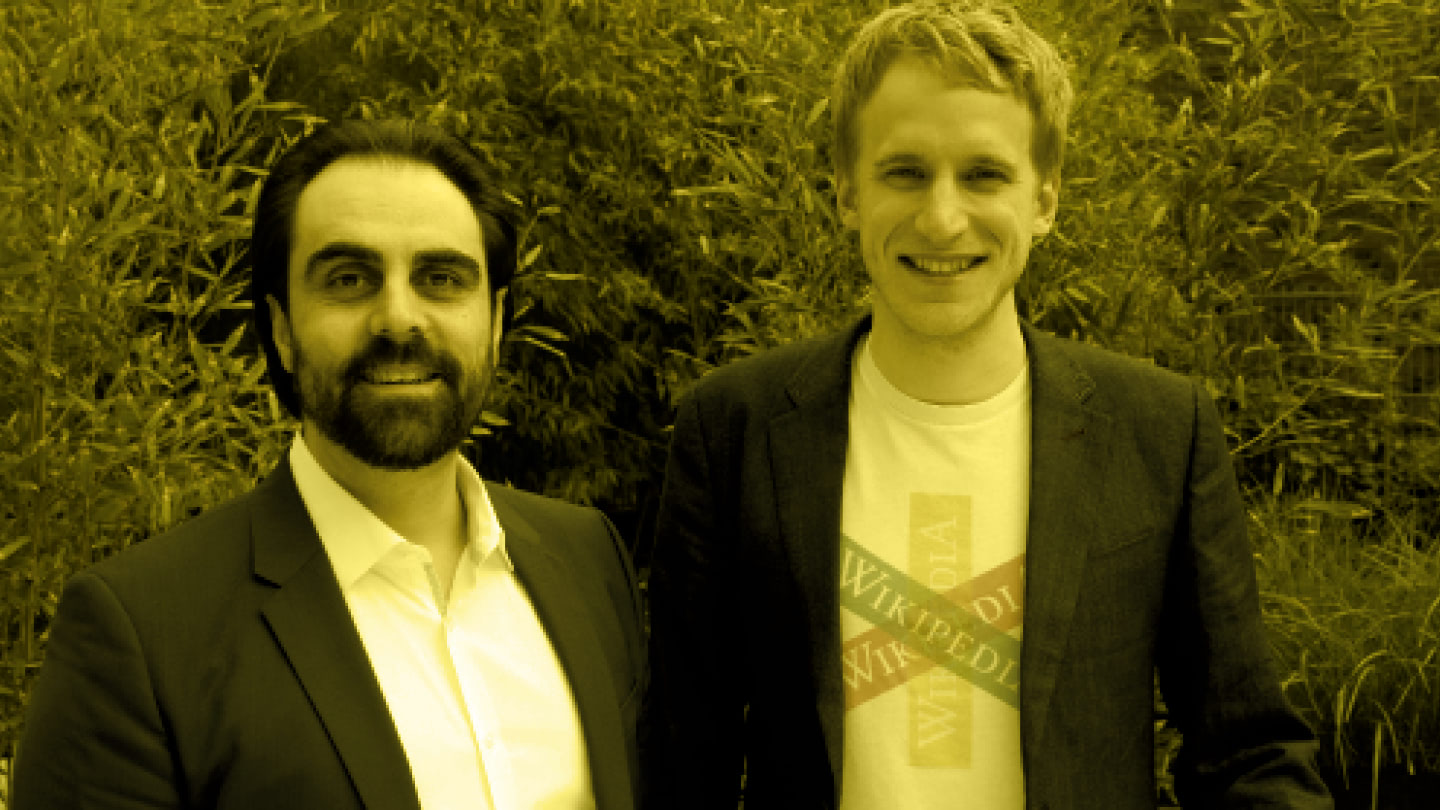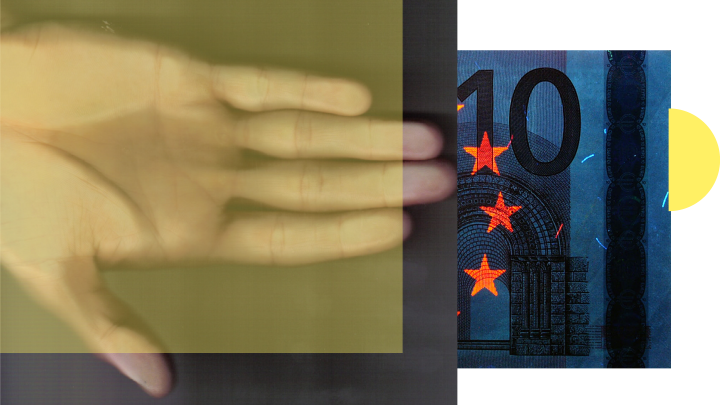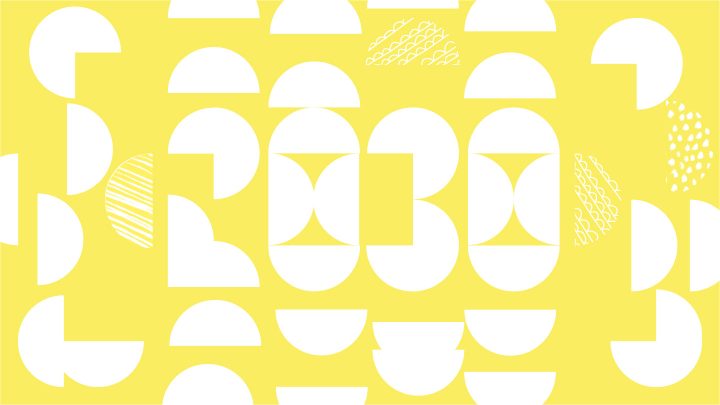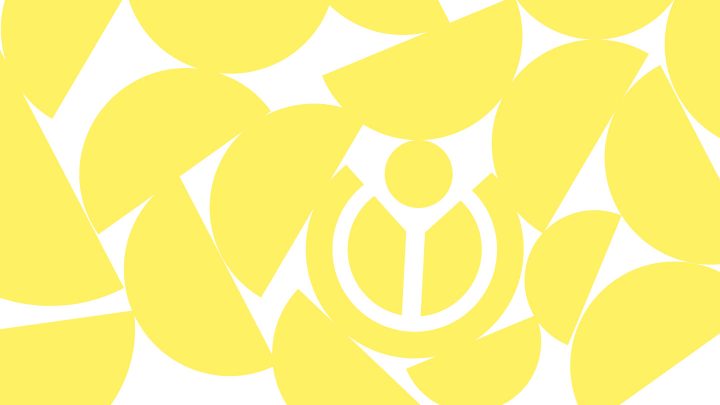Dear Friends of Free Knowledge,
In 2020, many new terms have found their way into the German Wikipedia. “SARS-CoV-2” and “COVID-19” of course, also “PCR test” or “Spatial distancing”. Meanwhile, we look back on a year with the pandemic and optimistically into the future and hope that all Wikimedians have survived this time reasonably well.
What has the global health crisis meant for us as an organization? First of all: spatial distancing. Most of the office staff moved their work to their home, our local rooms had to close and most of our activities took place in virtual space. Even our 25th members’ General Assembly with the election of a new presidium was held virtually – for the first time in 16 years of the association’s history.
None of this diminished our commitment to liberating knowledge. On the contrary, the crisis has highlighted the importance of open content and reliable free information on the web. Thanks to the tireless efforts of thousands of volunteers, Wikipedia has become a recognized and much-praised bulwark against disinformation and conspiracy narratives during the pandemic, and has done invaluable educational work with a record number of articles.
With the “WirLernenOnline” platform, we have created a broad and comprehensive offering for Open Educational Resources (OER) in times of closed educational institutions These OER are of central importance in a future-oriented educational landscape: teaching and learning materials under a free license create knowledge justice – irrespective of the pandemic.
But 2020 was also a year of honors and tributes that will be remembered.
Wikimedia Deutschland was awarded the Karl Preusker Medal, one of the highest honors in the German library system. Together with the German National Library, we published the WikiLibrary Manifesto, which aims to create and use a Linked Open Data network for art, culture and science.
Wikipedian Bernd Schwabe from Hanover was honored with the Medal of the Order of Merit of the Federal Republic of Germany for his digital volunteer work – as the first volunteer ever. This recognizes not only his work, but the commitment of all those who share their knowledge with the whole world.
The growing recognition of digital volunteering is becoming increasingly evident. Not least was this apparent at the 20th birthday of the German-language Wikipedia in spring 2021: Personalities such as the actress and director Katharina Thalbach and the Federal President of Germany, Frank-Walter Steinmeier, congratulated and expressed their enthusiasm for the world’s largest knowledge project.
Our work is gaining momentum. This annual report is intended to give you an impression of that. Our knowledge database Wikidata is helping to develop better and more non-discriminatory artificial intelligence in the Qurator project. More and more cultural heritage institutions, including the extraordinary Prinzhorn Collection in Heidelberg, are opening up to volunteers. Our voice is being heard in politics, in anchoring the idea of the common good in the German government’s data strategy, as well as in Brussels, where the topic of copyright reform 2020 was high on the agenda.
We would especially like to thank our nearly 90,000 members and nearly 400,000 donors who supported us again in 2020 in liberating knowledge. All of you have ensured that our projects have been able to develop irresistible attraction and influence and that awareness has grown of how important open content and open data are on platforms such as Wikipedia and Wikidata.
And now a final personal word from me, Abraham Taherivand: After almost ten years in the association and four years as Executive Director of Wikimedia Deutschland e. V., I am moving on to new tasks. It has been an exciting, stimulating and unforgettable time. I am very happy that with Christian Humborg as the new Executive Director, I will be succeeded by a colleague with many years of experience, whose expertise and passion for the liberation of knowledge stand out.
And now we wish you an exciting read with our annual report!
Yours
Lukas Mezger
Chair of the Supervisory Board
Abraham Taherivand
Executive Director




